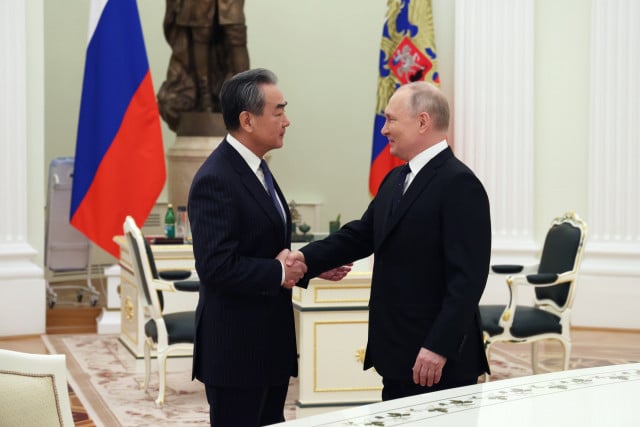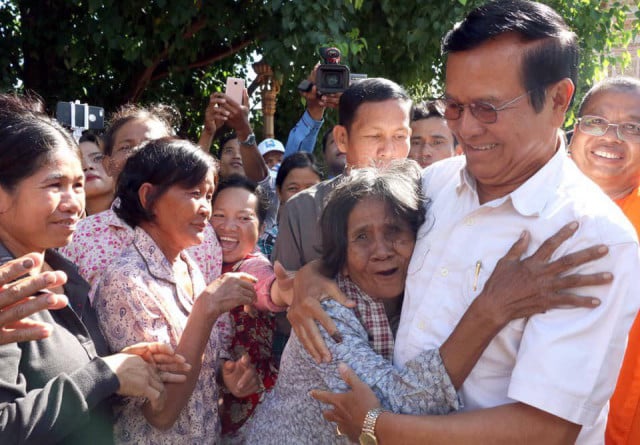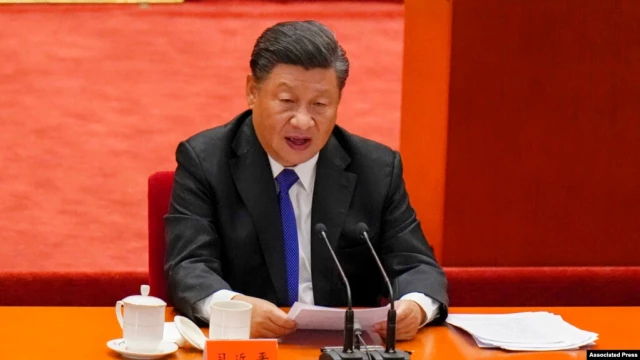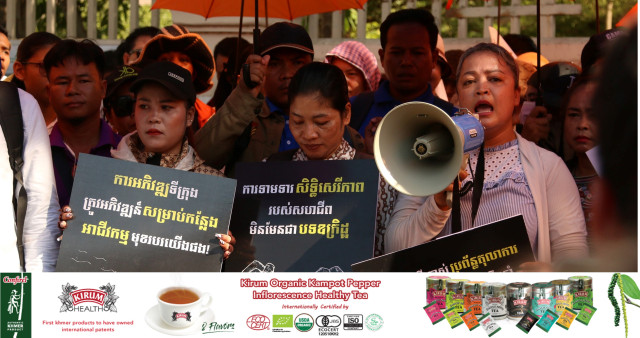North Korea's Nuclear and Missile Provocations: A Threat to Neighbors and ASEAN
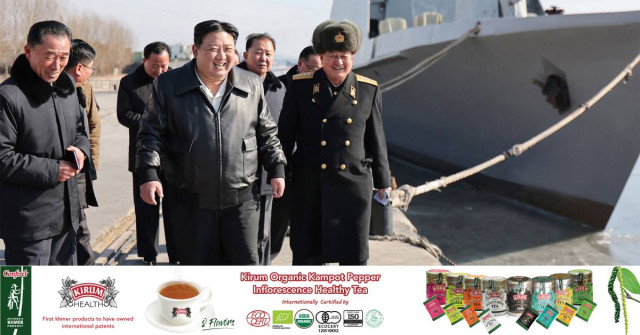
- By So Channtha
- February 2, 2024 2:10 PM
In the past few years, North Korea has significantly increased its nuclear arsenal and missile capabilities via numerous tests and demonstrations of new weapons. The regime has been launching missiles repeatedly, and it conducted several missile tests in recent times, including its latest ICBM in 2023, a new-generation cruise missile, and a nuclear-capable underwater drone in January 2024. This drone can strike coastal targets and even reach the U.S. mainland. These provocative actions showcase the advancements in Pyongyang's abilities, raise concerns about potential nuclear weaponization, undermine regional security, and violate international law.
North Korea's nuclear and missile capabilities pose a severe threat to its neighbouring countries, especially South Korea and Japan. North Korea's ballistic missiles, which have short and medium-range capabilities, can reach major population centres and put millions of people at risk. As a result, Pyongyang now holds greater coercive power over its neighbours, allowing them to influence their policies. This constant threat of a potential nuclear attack would force South Korean and Japanese populations to live in a permanent state of fear and anxiety.
Moreover, North Korea's long-range missile tests display its ability to deploy nuclear warheads as far as North America eventually. This has compelled the U.S. and its allies to consider ramping up their own military readiness and missile defence preparedness. This also fosters regional countries facing pressures for increased military spending and arms racing, particularly South Korea and Japan, which would consider developing nuclear weapons for self-defence.
In addition to affecting neighboring countries, the actions of North Korea harm Southeast Asian Nations (ASEAN). The possibility of conflict on the Korean Peninsula could cause significant economic repercussions throughout ASEAN member countries. This could result in market instability, disruptions in trade with regional partners, and interruptions in global supply chains. Furthermore, any instability would pose a serious threat to the security of ASEAN.
Additionally, North Korea's nuclear weapons development exacerbates proliferation risks and boosts the chances of nuclear terrorism in Southeast Asia. North Korea could sell weapons or nuclear materials to non-state actors and smuggle them through the region's porous borders. Lax monitoring of dual-use atomic technologies has already enabled past proliferation networks. As North Korea expands its arsenal, the likelihood of more illicit nuclear trade will grow as well.
In order to address the nuclear threat posed by North Korea, policymakers in the region have a few options. The international community needs to prioritize maintaining sanctions to limit North Korea's nuclear programs. However, sanctions alone have not been enough to deter North Korea from pursuing its nuclear ambitions. Therefore, it is crucial to adopt supplementary and collaborative approaches to tackle this issue effectively.
Secondly, diplomatic engagement could help ease tensions and build trust, paving the way for arms control talks. Creative negotiating solutions that address North Korean security concerns without accepting nuclear weapons as fait accompli should be considered. Offering economic incentives like sanctions relief and investment in Special Economic Zones could also convince Pyongyang to cooperate.
Thirdly, multilateral security mechanisms like the dormant Six-Party Talks may provide platforms for negotiating constraints on North Korea's arsenal and formalizing non-proliferation commitments. With this, ASEAN could share lessons from its peacebuilding efforts to support North Korea's de-escalation mechanisms.
Finally, advancing denuclearization will require collective pressure on North Korea from its leading partners, including China and Russia. Neighbouring states and ASEAN should urge Beijing and Moscow to exert their unique leverage for restraining North Korean provocations and bringing Pyongyang back to the negotiating table.
In summary, North Korea's intensifying nuclear and missile activities pose a growing threat to global, regional, and particularly ASEAN. While deterrence through regional alliances remains essential, proactive diplomacy and coordinated international policy are needed to change Pyongyang's calculations. Regional players can work to minimise the nuclear threat posed by North Korea while ensuring greater stability and peace throughout the region and in ASEAN by implementing a well-balanced strategy of engagement and pressure.
So Channtha is a lecturer on politics and international relations at the University of Cambodia.






